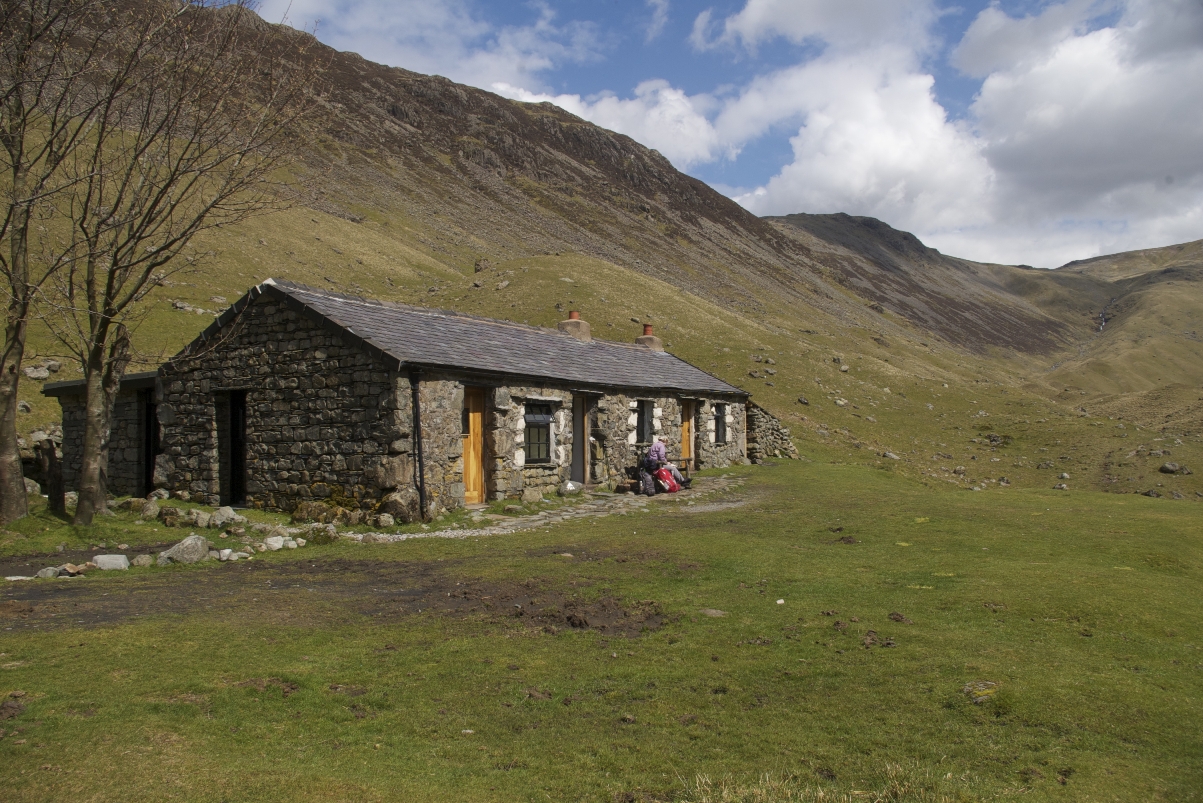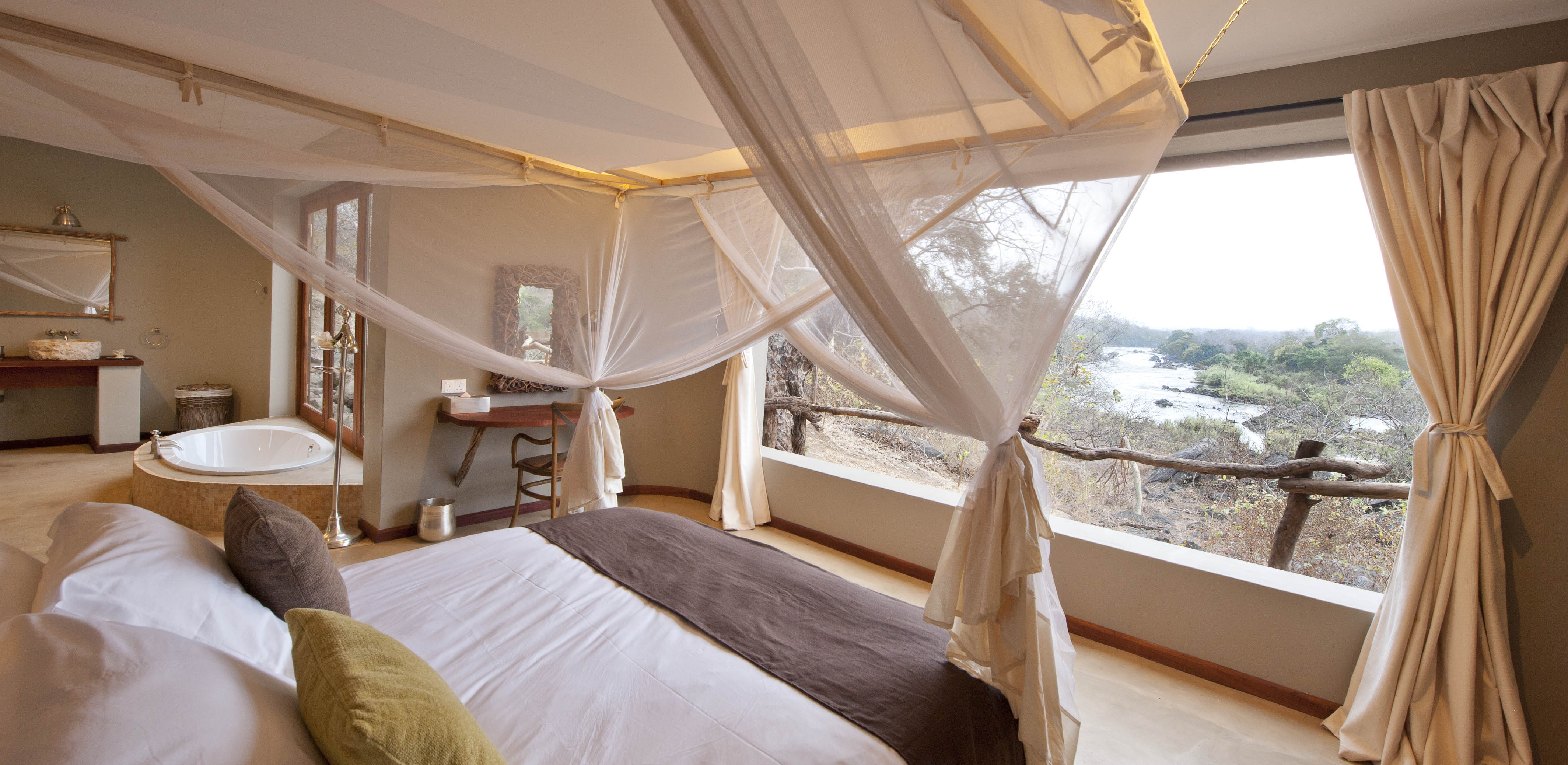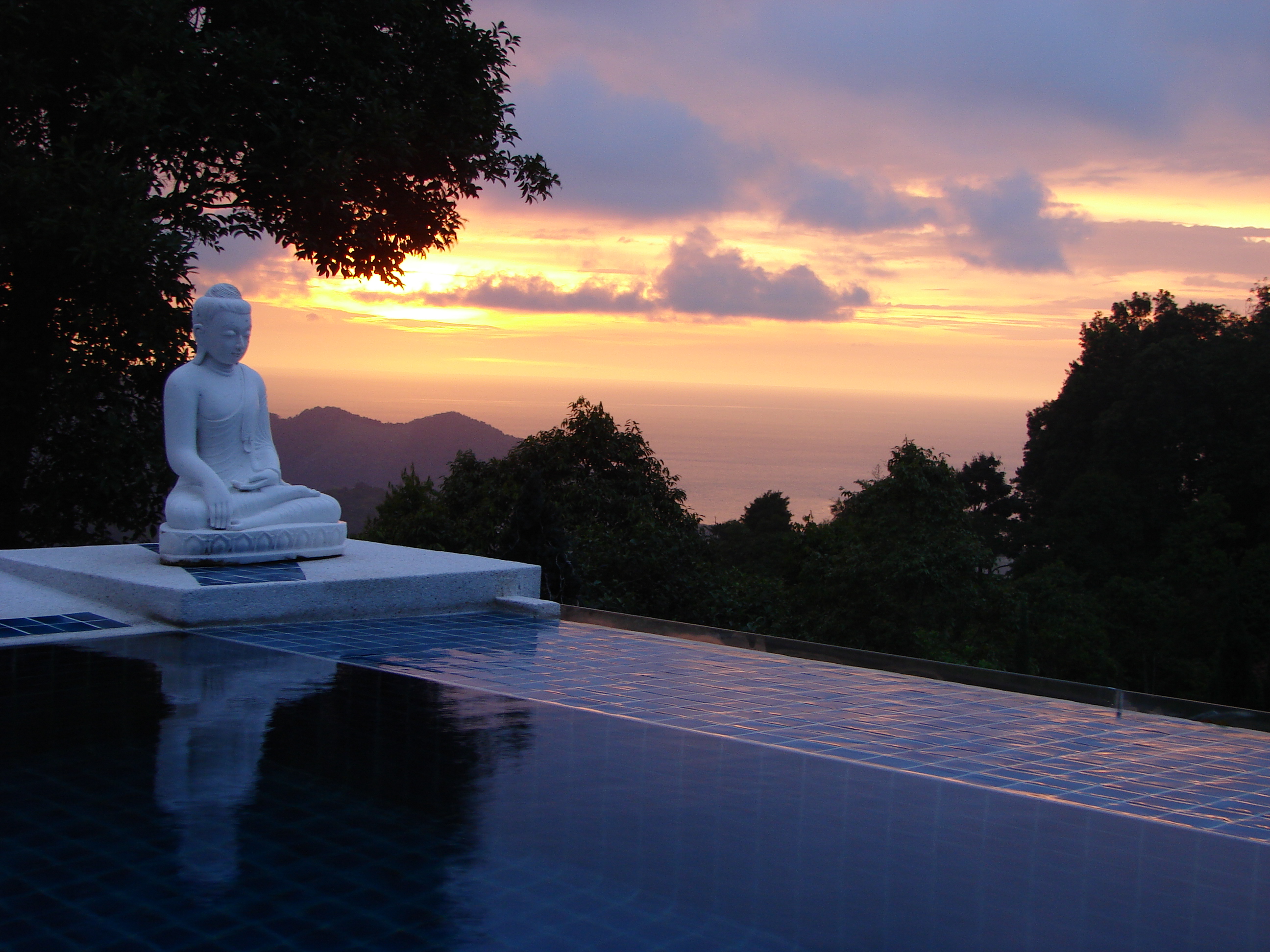Gecko Villa, Um Chan, Prachak Sinlapakom, Udon Thani, NE Thailand
T: (from outside Thailand) 6681-9180500; (within Thailand) 081-9180500 / www.geckovilla.com
Guest blogger Charn Cole reviews a secluded eco villa in northeast Thailand
[gdl_gallery title=”Gecko” width=”125″ height=”110″ ]
Gecko Villa is well and truly hidden among the rice paddies, between traditional farming villages approximately 30 minutes out of Udon Thani in northeast Thailand. It is a fully catered holiday villa with a private swimming pool and an emphasis on authentic Thai food. We returned for a second stay here, not only because it is a unique place to relax amongst friends away from the chaos of Bangkok, but also because we appreciate the way the project is of direct benefit to the locals.
Accommodation: Gecko Villa has three air-conditioned bedrooms. The large master bedroom has an adjoining bathroom that leads out into an outdoor shower garden. Each bedroom has a kingsize bed and hardwood floors.
Food: Meals are cooked freshly by the team – they turn up at the villa to cook breakfast, lunch and dinner – all included in the rates. Their Khao Tom is superb for breakfast (together with freshly brewed coffee), and they are happy to adjust spice levels depending on your preferences. Do try their excellent curries and the local northeastern dishes such as spicy beef with fresh herbs, green papaya salad, and marinated BBQ chicken with a dark chili sauce dip. Those interested in cooking can visit local wet markets and be shown how to make any of the dishes served.
Do try: The villa is on a working rice farm and offers a selection of unusual and fun activities. Try your hand at planting rice seedlings or help out with the harvest, learn to control a samlor or a water buffalo and plough, go insect or field mouse hunting and more. The traditional Thai massage offered is excellent. Don’t miss a boat trip on the local pink lotus lake, or a trip to the UNESCO Ban Chiang World Heritage Site.
Recommended for… The large private pool, tranquility and authenticity as well as the great food – but what really makes a stay is the friendly and helpful welcome from the team there. Perfect for those who like to go local, get off the beaten track and try new things.
Be aware that… English is hardly spoken in the surrounding villages, so take a phrase book and take the useful local map given to you by the villa if you decide to explore by yourselves. If you get lost, the locals generally assume you are staying at Gecko Villa, as you will in all likelihood be the only foreigners in the area.
Good credentials:
- The property strongly supports the principles of sustainable, responsible tourism in a small-scale, locally owned initiative
- Creation of local employment: the entire team is comprised of local villagers. Local service providers (such as those performing traditional Thai massage, lotus lake boatsmen etc) are used.
- Food is either grown directly on the property (rice, organic herbs, vegetables and fruit) or purchased locally
- Reforestation: the villa actively promotes reforestation and the protection of indigenous eco-systems
- Giving back: both the villa itself and many of its guests have made direct donations to the local village schools
- Water saving: rainwater is harvested and water-saving fixtures used
- Local interaction: guests are encouraged to meet the locals and experience authentic ways of Thai village life
- Recycling: waste is sorted and recycled by local “saleng” who ensure recycling is supported wherever possible
Date of visit: January 2012
About the Author: Charn Cole has lived in Thailand and SE Asia for over 20 years where he has travelled – and eaten – widely. He enjoys finding unusual places to stay and is a strong supporter of responsible travel. He runs an online guide to holiday rentals in Thailand detailing places he has stayed in both Thailand and Bali. Visit www.thailandholidayhouse.com












